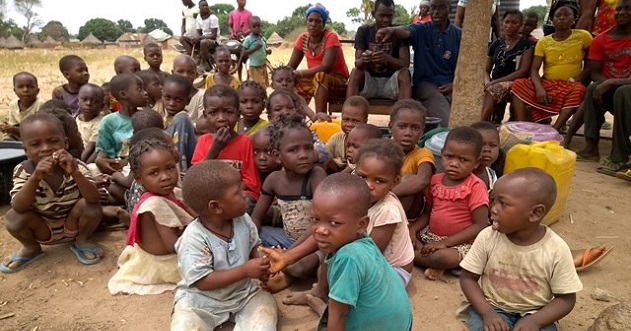News
Borno bans visits to IDP camps over coronavirus

Following the increasing number of coronavirus cases in Nigeria, a ban has been placed on visit to all Internally Displaced Persons (IDP) camps in Borno State.
The Chairperson of the State Emergency Management Agency (SEMA), Hajiya Yabawa Kolo, said the ban was for four weeks.
She said the decision was part of the efforts by the state to prevent the dreaded coronavirus from entering the IDPs camps.
According to her, the decision became very essential owing to the reality that some of the neighbouring countries like Chad Republic and Cameroon have recorded suspected cases of coronavirus.
Further noting that there was still influx of IDPs into the state, despite closure of the borders, she said she has directed all camp managers from Gamboru-Ngala, Damasak, Kalabalge, Banki, Bama and Monguno not to accept IDPs from any neighbouring country into their camps.
“We know we have a lot of threat around us following sighting of suspected cases of the virus in Cameroon and Chad and we have some border towns very close to those countries.
READ ALSO: CORONAVIRUS: Some infected persons have gone into hiding —Nigeria’s Health Minister
“We do not want to go to the issue of response because even in developed countries, it was difficult for them to contain this pandemic. So at our own level, we are positioning ourselves to see how best we can stop the virus from transmitting in the state,” Borno SEMA boss said.
Join the conversation
Support Ripples Nigeria, hold up solutions journalism
Balanced, fearless journalism driven by data comes at huge financial costs.
As a media platform, we hold leadership accountable and will not trade the right to press freedom and free speech for a piece of cake.
If you like what we do, and are ready to uphold solutions journalism, kindly donate to the Ripples Nigeria cause.
Your support would help to ensure that citizens and institutions continue to have free access to credible and reliable information for societal development.
























